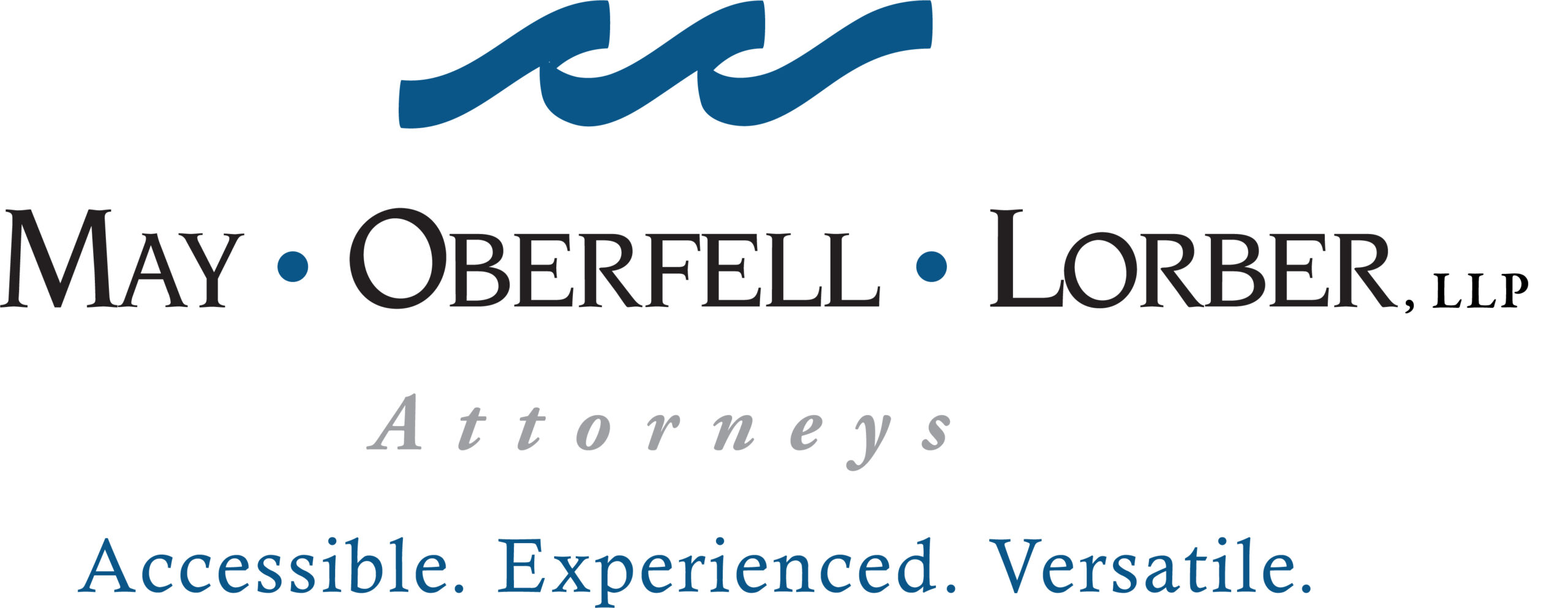Labor, Employment & Worker’s Compensation
Understanding an Employers’ Duty to Prevent Harassment in the Workplace: The History, Application, and Purpose of the Ellerth-Faragher Affirmative Defense
Courts have longtime been addressing the issue of harassment in the workplace, but it is still a credible, ongoing issue. In Fiscal Year 2023 alone, the United States Equal Employment Opportunity Commission received 81,055 charges of workplace discrimination. Discrimination and harassment disrupt the workplace by creating an environment that fosters mistrust, reduces morale, and hinders…
Read MoreDISCOVERY IN WORKER’S COMPENSATION CASES
The Worker’s Compensation Board favors informal discovery, yet formal discovery is provided for in 631 Indiana Administrative Code (“IAC”) 1-1-3 – Rules of practice in proceedings: Except as provided below, the board will not be bound by any technical rules of practice in conducting hearings, but will conduct hearings and make investigations in reference to…
Read MoreHOW BUSINESSES SHOULD RESPOND TO EEOC CHARGES OF DISCRIMINATION
While all businesses aim to have a cohesive, smoothly operating workforce devoid of conflict, inevitably, employees do not get along with one another or become disenfranchised with management. Sometimes, an employee will believe they have been wronged in some capacity because of a co-worker’s behavior or management’s response to an issue. An employee who feels…
Read MorePhysician Non-Compete Agreements
Any physician non-compete entered into before July 1, 2020 is governed by Indiana common law. Since July 1, 2020, in order for a physician non-compete to be enforceable in Indiana, such non-compete agreement must include the following: 1. A provision requiring the employer to provide a departing physician with a copy of any notice concerning…
Read MoreFEDERAL TRADE COMMISSION PROPOSES BAN ON NON-COMPETITION AGREEMENTS
This month the United States’ Federal Trade Commission proposed a rule which would prohibit employers from using Non-Competition Agreements with employees and independent contractors. The rule, if enacted, will apply nationwide. The proposed rule will also require employers to rescind all current Non-Competition Agreements in effect with employees and independent contractors. The proposed rule broadly…
Read MoreSupreme Court Rules on Two Vaccine Mandates
The Biden Administration proposed three (3) vaccine mandates in 2021. The first mandate pertained to medical facilities which receive Medicare or Medicaid payments (hospitals, nursing homes, etc.). The second mandate pertained to companies which accept federal contracts (and the company’s subcontractors who may work on the project). The third mandate – which was the most…
Read MoreEmployers Can Offer Vaccine Incentives
COVID-19 has left many employers with understaffed workforces. Of the many factors contributing to the lack of available workers, one such reason is an apprehension to work alongside unvaccinated colleagues. Employers have been left to question whether they can incentivize their employees to become vaccinated against COVID-19. This has been an ongoing question in legal…
Read MoreA Guide for Small Business Owners with Nursing Mothers
At some point in time, a small business owner is likely to be approached by an employee about the need to pump or “express” milk for their nursing baby while at work. As a business owner, if you have never been approached with this topic before, you may fumble through the conversation, uncertain about the…
Read MoreCOVID-19 Liability Waivers
Universities around the country are requiring students, faculty, and staff to sign COVID-19 liability waivers for the 2020-2021 school year. Several universities have also implemented remote options for schooling so attendees can opt-out of in-person classes this upcoming fall semester. So, will schools actually be liable for the spread of COVID-19 when school starts? By…
Read MoreWhere Worker’s Compensation Intersects with OHSA Guidance on COVID-19
The OSHA May 19, 2020 memo entitled Revised Enforcement Guidance for Recording Cases of Coronavirus Disease 2019 (COVID-19), and contained in the link, https://www.osha.gov/memos/2020-05-19/revised-enforcement-guidance-recording-cases-coronavirus-disease-2019-covid-19 , deals primarily with what constitutes a reportable COVID-19 finding to OSHA. The fact that an employee may have acquired COVID-19 at work (i.e., the COVID-19 is work-related) is just one…
Read More